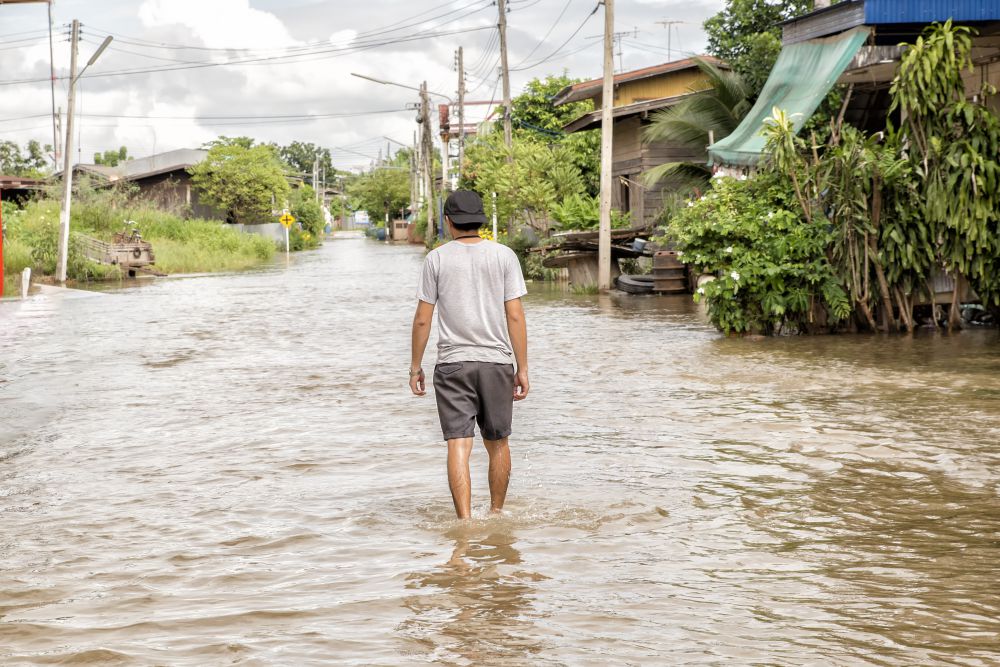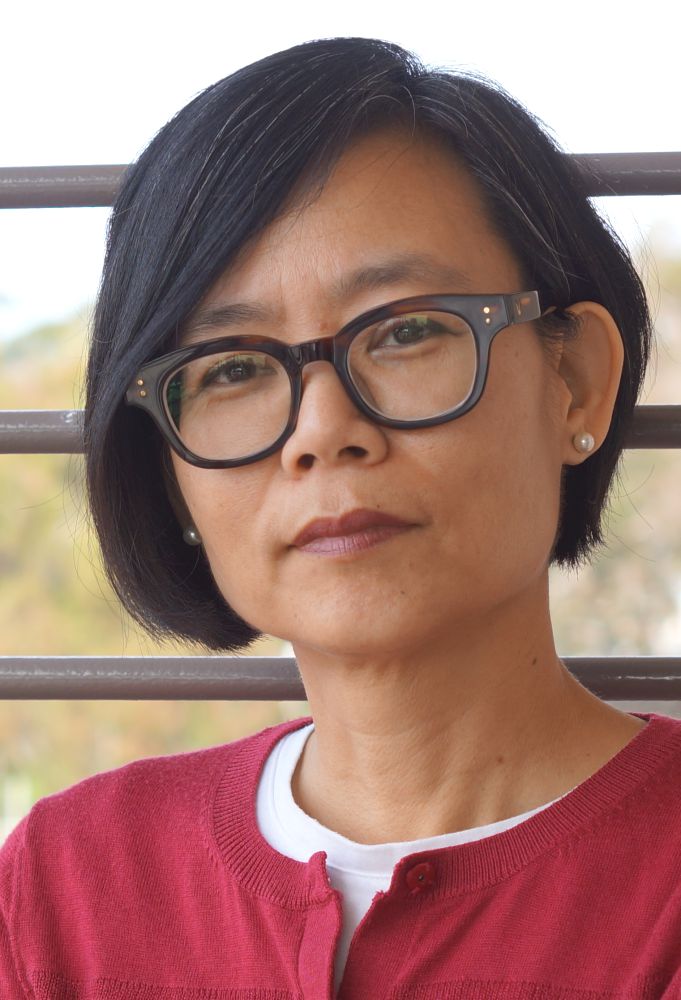
Justice Movement

If we consider the most pressing of the world’s problems, climate change stands out as a bleak beacon of doom. Another challenge — potentially widescale migration — is less well known, but Lisa Sun-Hee Park, professor and chair of Asian American studies at UC Santa Barbara, says the two are linked and demand our attention now.
To that end, a symposium, “Migration, Environment and the Search for Sanctuary,” will take place Friday, March 1, from 9:45 a.m. to 4:30 p.m., in the campus’s MultiCultural Center Theater. The event will kick off a global public history project that will explore the links and ramifications of a warming planet and the mass movements of people fleeing a degraded environment. It is free and open to the public. David Pellow, Dehlsen Professor and chair of the university’s Department of Environmental Studies, will deliver the keynote at 3 p.m.
“We know that environmental change is going to create greater migration flows,” Park said. “It’s always the case that migrants are always involved in environmental movements themselves.”
The symposium, presented by UC Santa Barbara’s Department of Asian American Studies and the Department of Chicano and Chicana Studies at Cal State Northridge, is associated with the Humanities Action Lab, a consortium of 21 universities in the U.S., Europe, Latin America and South Africa that collaborate on public history projects. The organization will eventually produce a traveling exhibition of projects generated by its members. The projects, Park said, are student-driven and involve community organizations.
The collaboration between UC Santa Barbara and Cal State Northridge recognizes that migration and the environment are linked — but not the way they’re typically perceived, Park noted. “I thought it was really important to have a strong partnership with our Latino/Latinx community, and this is our way to come together and think about migration together,” she said. “We want to show migrants and immigrants are not always an environmental problem, which is generally how it’s seen.”
In fact, immigrant communities have long been the victims of environmental degradation, said Park, who has written extensively about immigrants and the environment.
“I want to argue that in fact,” she said, “the environment has been a central concern of immigrants, but that immigrant communities, working-class and communities of color have been going about it in their own way.”
Climate change will likely create new waves of migrants fleeing ruined homelands. The solution isn’t done with “border security,” Park said, but with a concerted effort to address environmental damage.
“We’re trying to build walls, trying to save ourselves from manmade disaster of proportions we’ve never seen before,” she said. “We can’t pretend this is something we can solve by creating walls. In fact, that’s also contributing to ecological damage. We have to actually deal with this.”
A Distinct Honor
Park has recently been selected by the Russell Sage Foundation to be a Visiting Scholar in New York. From September 2019 through June 2020 she will work on “Medical Deportations: Blurring the Lines of Health Care and Immigration Enforcement,” a book that examines the practice of hospitals sending sick and injured migrant patients to their home countries to avoid the burden of high medical costs.
The practice is widespread, said Park, who spent five years interviewing hospital administrators in Southwest border regions. Yet, she added, it’s little known and it isn’t regulated by the U.S. government, so there are no records of the practice.
“Obviously not every hospital is doing this,” she said, “but we definitely know there are more hospitals doing it than they’re admitting.”



